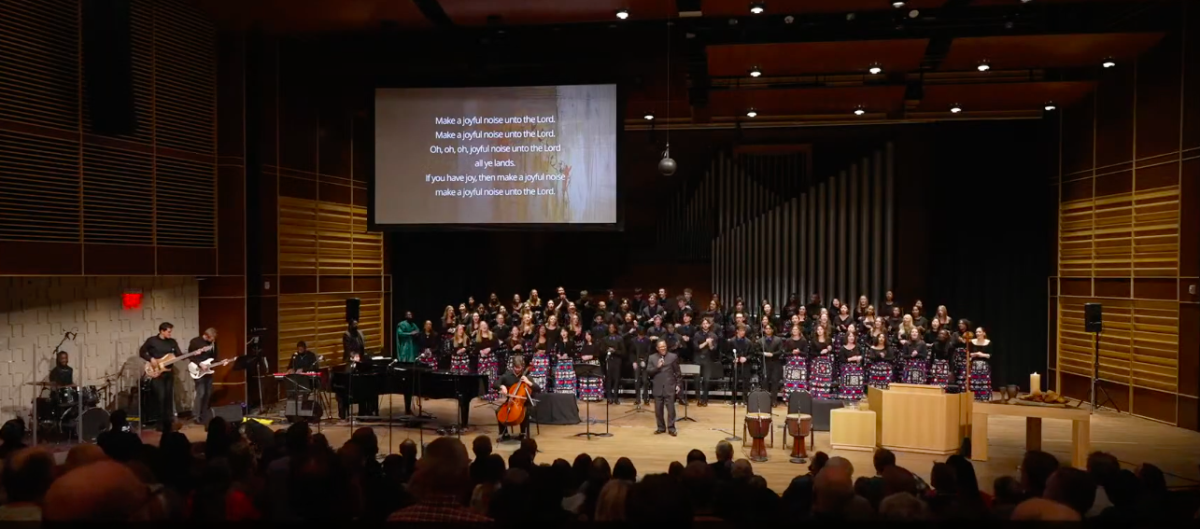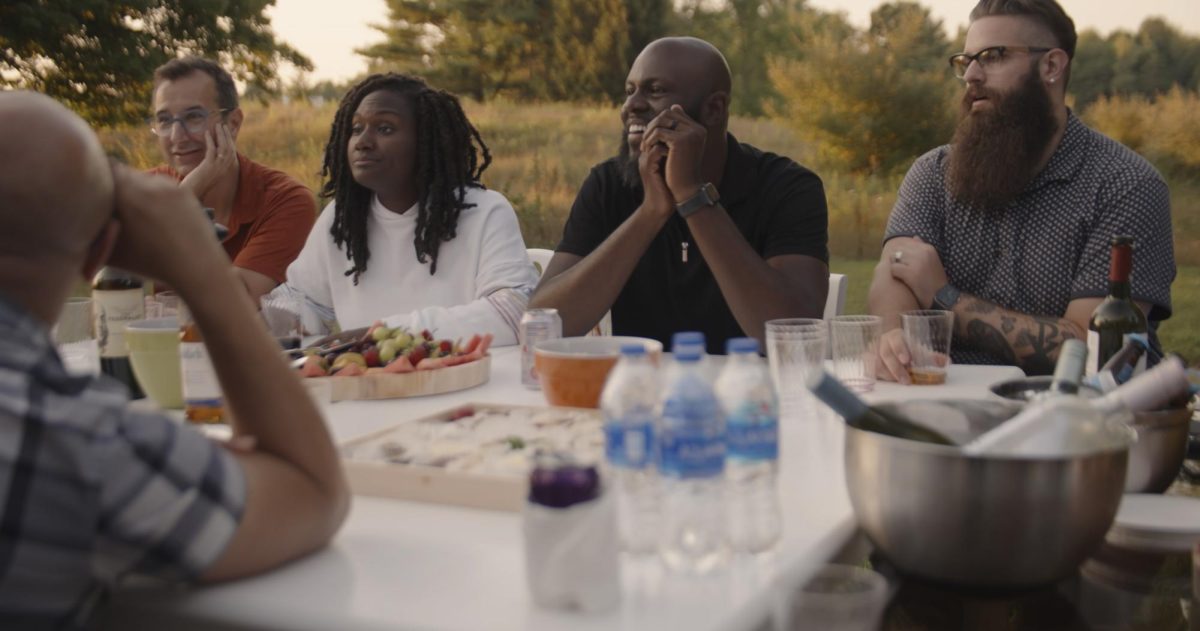It’s not every day that an indie film receives both positive buzz at the 2015 Sundance Film Festival and an endorsement from the Satanic Temple. First-time director Robert Eggers somehow managed to do both with “The Witch,” a New England folktale set in 1600 Puritan America.
Eggers’ narrative follows a family after they are kicked out of their village for religious disagreements that are never made clear and are forced to live as outcasts near the edge of a wood inhabited by a witch.
Everything about the film feels authentic, from the dialogue, which is pulled directly from early colonial documents and therefore contains many “thees” and “thous,” to the family’s house, which was built using traditional methods from the 1600s. Even the family’s clothing was entirely hand woven.
This dedication to detail is thanks to Eggers, who grew up in New England outside of Salem and thus developed a healthy fascination with witches. His fascination prompted him to spend five years researching the film and the result of this obsession shows onscreen in the film’s authenticity and lived-in feel.
Despite being artistically superior to many movies of its type, “The Witch” was unfortunately mismarketed as a horror film and is unlikely to attract much of an audience or score big at the box office. Although many of the hallmarks of a horror film are present, the film plays out more like a thriller, building incrementally as the family’s emotions are stretched thin and tensions increase with the onslaught of demonic forces.
Even the presence of the witch itself is largely subdued, set on the back burner to what Eggers is prompting us to consider with this narrative. As one by one the family falls into mania and religious hysteria, Eggers uses the demonic forces and possessions as an impetus to demonstrate how institutions like family and religion can be easily eroded when there is cause to doubt the safety that those institutions promise. As such, “The Witch” serves as a cautionary tale that shows the grave consequences of superstitious accusations founded on these institutions and the unhealthy outcome of projecting fear of the unknown onto others.
If you look closely enough, Eggers also ruminates on themes of feminism and female empowerment. Because the film is set in an era that is clearly plagued by religious extremism and patriarchy, Eggers correctly suggests that a Puritan woman who seeks to renounce God and be free from her husband or father can be nothing else but a child of the devil.
As a whole, “The Witch” is a fantastic first outing for Eggers who gives us a slow-boiling descent into evil and insanity complete with an eerie score and plenty of unsettling and downright disturbing moments. This is a horror film where the destructive elements of religion, not horror tropes, underplay character motivation and where the film’s endorsement by the Satanic Temple seems to make sense, but not for the reasons you might think.








